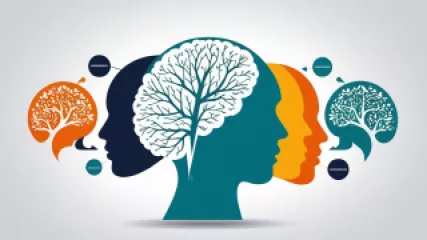Overcoming Rumination: My Journey to Better Mental Health
1 year ago
Managing Rumination
10 Best Virtual Therapies for Overcoming Cognitive Dissonance
1 year ago
Cognitive Dissonance
Step-by-Step Guide to Resolving Cognitive Dissonance
1 year ago
Cognitive Dissonance
My Journey Towards Building Psychological Safety at Work
1 year ago
Psychological Safety
Embracing Uncertainty: A Radically Different Perspective
1 year ago
Dealing with Uncertainty
Understanding and Managing Rumination: A Research Summary
1 year ago
Managing Rumination
Is Workaholism Sabotaging Your Life? 5 Signs to Look For
1 year ago
Workaholism
Overcoming Boredom: A Step-by-Step Guide to Finding Fulfillment
1 year ago
Dealing with Boredom
10 Essential Psychology Principles for Effective Decision Making
1 year ago
Psychology of Decision Making
10 Proven Tips to Effectively Manage Workaholism
1 year ago
Workaholism
Is Workaholism Sabotaging Your Life? 5 Signs to Watch Out For
1 year ago
Workaholism
Therapeutic Approaches to Overcome Boredom
1 year ago
Dealing with Boredom
Lessons from Fight Club: Overcoming Cognitive Dissonance
1 year ago
Cognitive Dissonance
Establishing Healthy Boundaries for Happiness: A Research Summary
1 year ago
Boundaries in Personal Life
My Journey with Emotional Eating: Finding Balance and Self-Acceptance
1 year ago
Psychology of Eating















